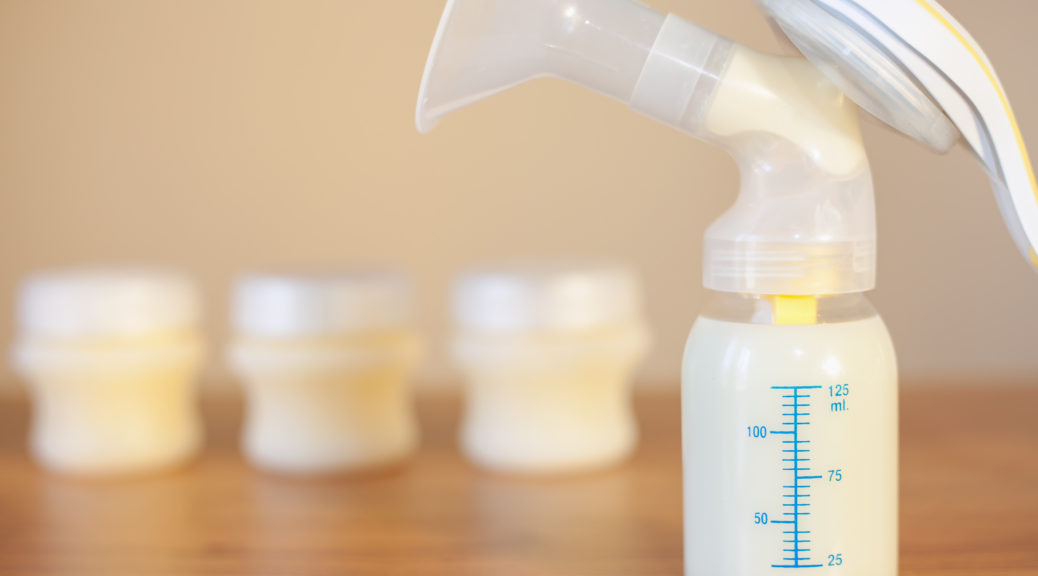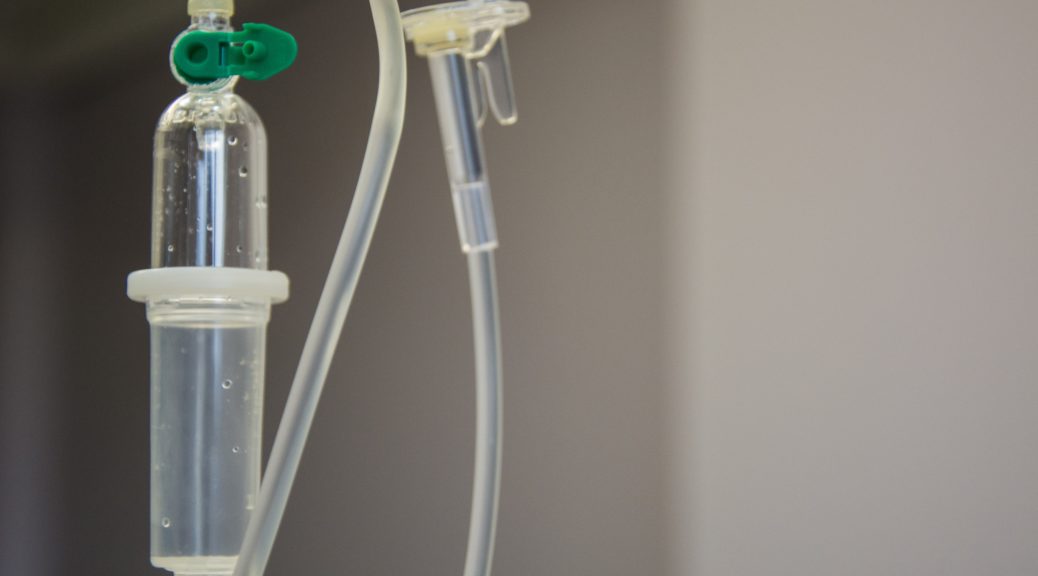How to choose the size of the breast pump funnel
How to choose the size of your breast pump funnel? The breast pump provokes feelings of love and hate for the mothers who use it. It can be a great ally to maintaining your breastfeeding journey, but it can also be torture, especially if you do not find a pump that suits you well. Getting the funnel size right is the key to a pleasant and effective breastmilk extraction. And just in the same way as you buy shoes in…









